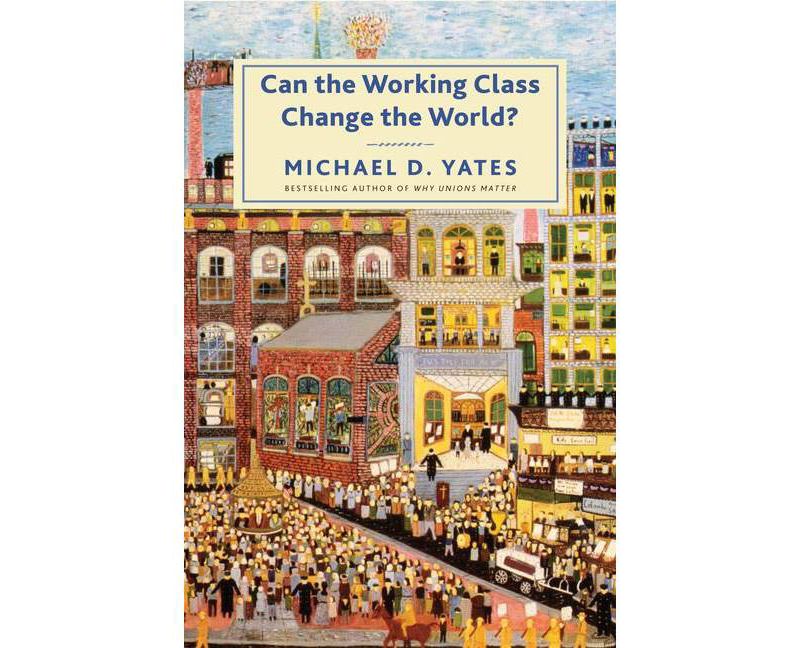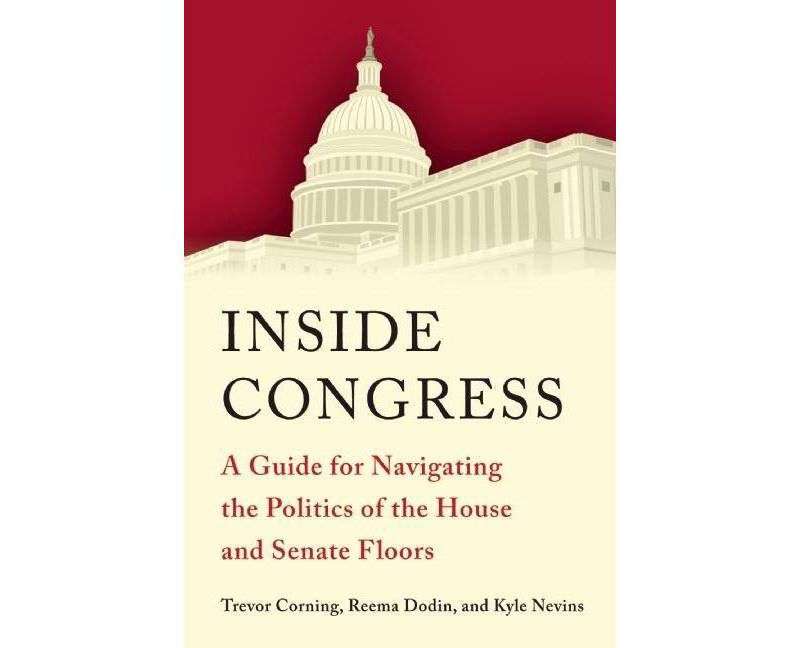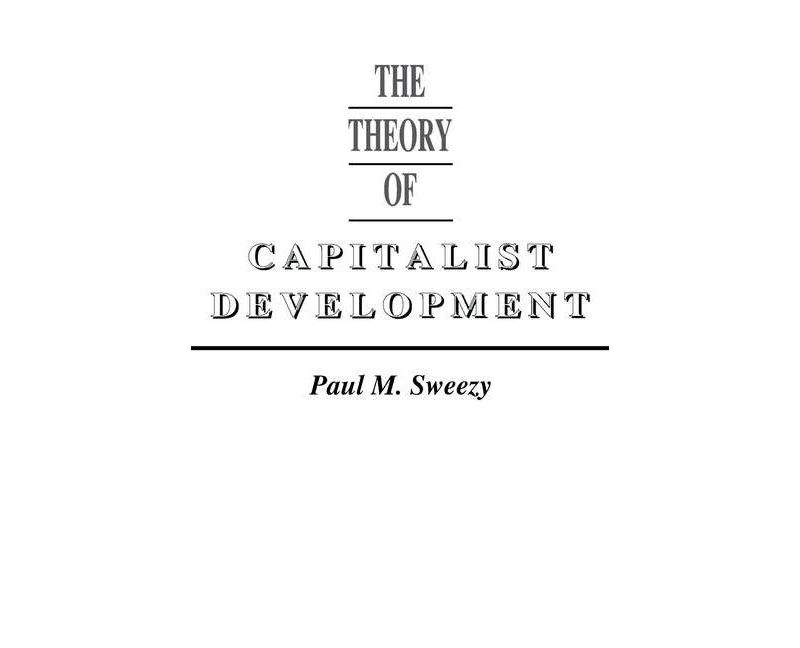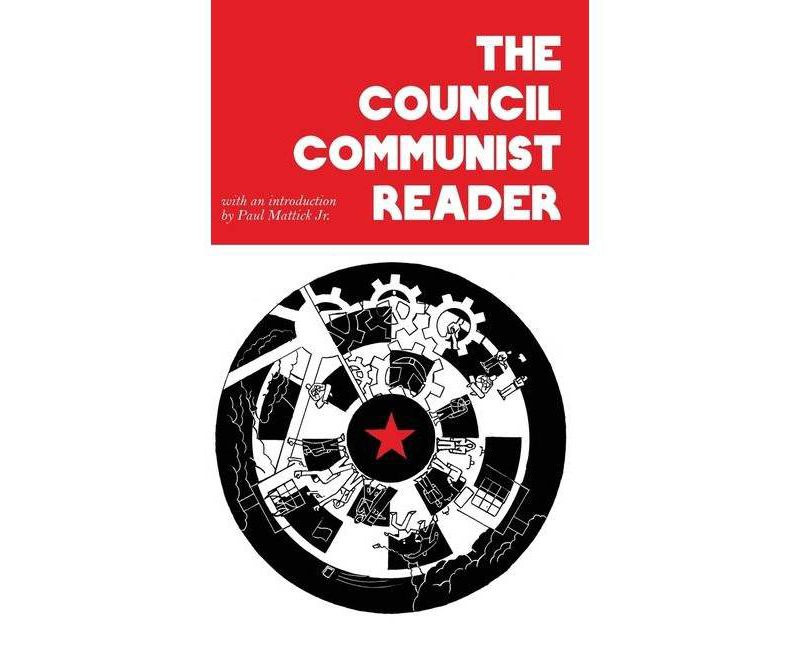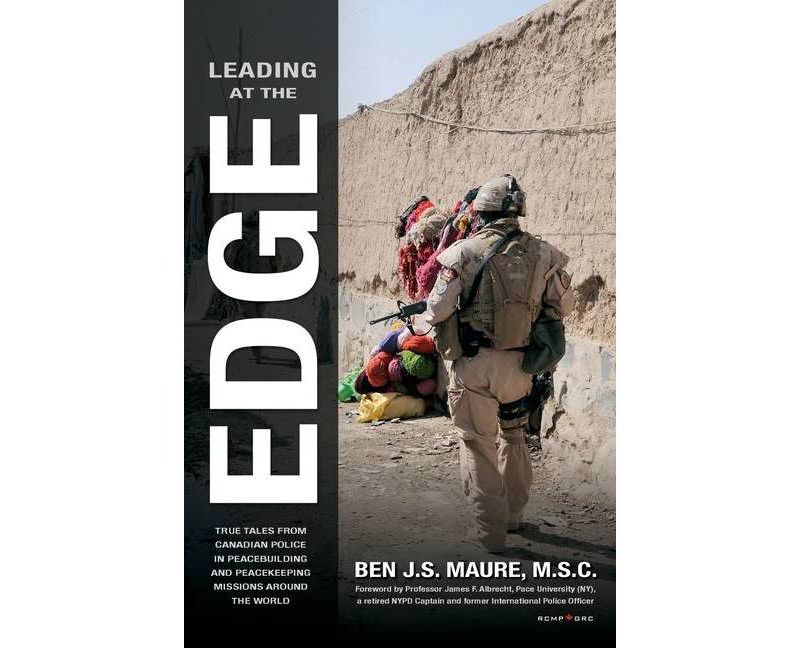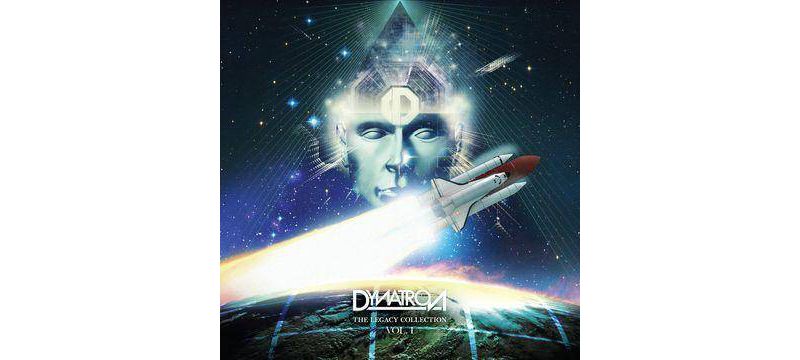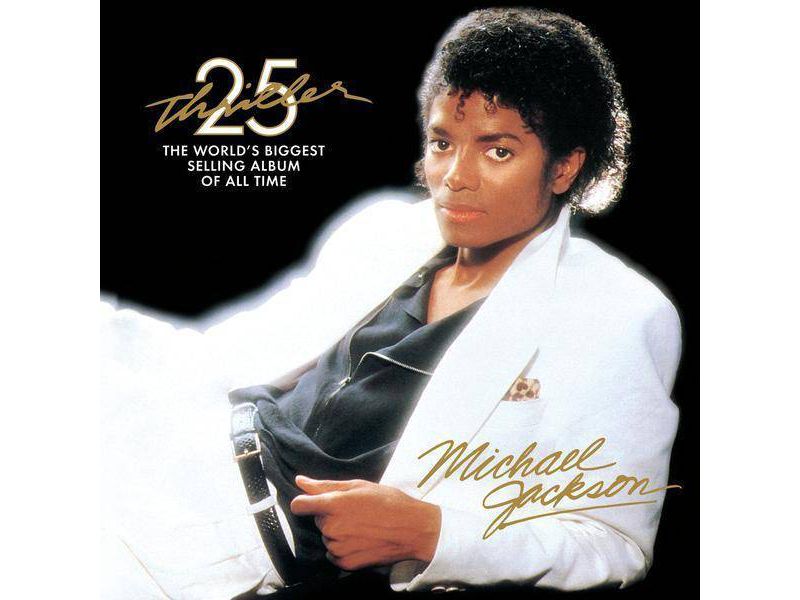Buy Deglobalization and International Security - (Rapid Communications in Conflict & Security) by T X Hammes (Paperback) in United States - Cartnear.com
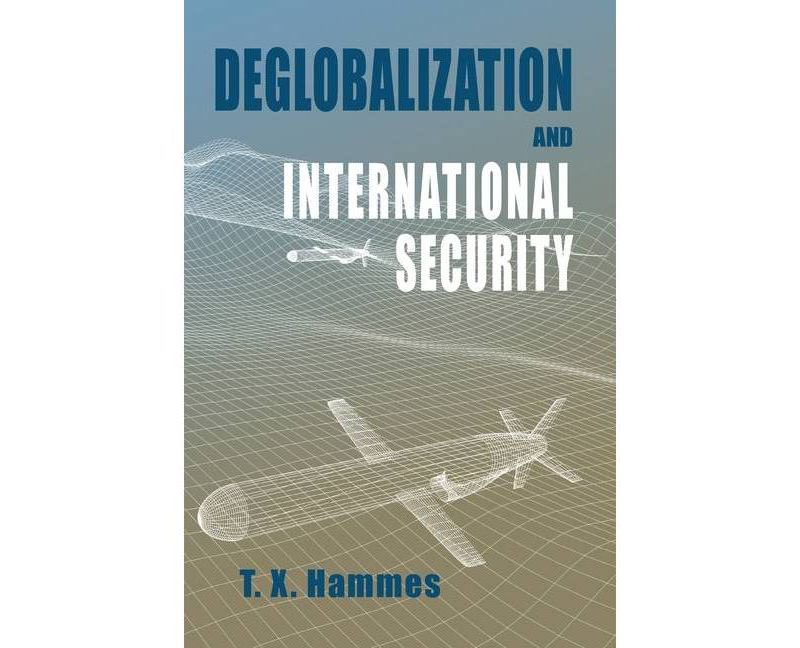
Deglobalization and International Security - (Rapid Communications in Conflict & Security) by T X Hammes (Paperback)
CTNR701918 09781621964735 CTNR701918$ 41.79 $ 43.99 5% Off
*Product availability is subject to suppliers inventory
SHIPPING ALL OVER UNITED STATES
100% MONEY BACK GUARANTEE
EASY 30 DAYSRETURNS & REFUNDS
24/7 CUSTOMER SUPPORT
TRUSTED AND SAFE WEBSITE
100% SECURE CHECKOUT
Genre: Political Science
Sub-Genre: Security (National & International)
Series Title: Rapid Communications in Conflict & Security
Format: Paperback
Publisher: Cambria Press
Age Range: Adult
Author: T X Hammes
Language: English
About the Book
This book illuminates how the fourth industrial revolution will fundamentally alter global economic and security arrangements and offers options that allow U.S. leaders to exploit it to provide economic and military security for the nation, as well as important insights for fields ranging from strategy to trade to defense.Book Synopsis
*This book is in the Rapid Communications in Conflict and Security (RCCS) Series (General Editor: Geoffrey R.H. Burn).
The fourth industrial revolution--a convergence of breakthroughs in bioscience, nanotechnology, robotics, artificial intelligence, autonomy, 3D printing, clean energy, and materials science--is transforming all aspects of society. However, unlike the previous industrial revolutions that increased globalization (the global integration of trade, services, investments, and ideas enhanced by the free movement of people), the fourth industrial revolution will drive deglobalization.
The fourth industrial revolution will also create a new generation of small, smart, and cheap weapons that will challenge the military dominance of the United States in every domain. These weapons will give small states and even non-state actors capabilities that used to be the preserve of major powers.
These two trends--deglobalization and the evolution of cheap, smart weapons--will fundamentally alter world economic and security orders. The return of production and services to the United States will reduce the interest of the American people in maintaining stability in the international system. Reinforcing this trend, resultant employment disruptions, the oncoming U.S. debt and budget crises will force national leaders to choose whether to allocate resources to domestic, particularly entitlement, spending or to overseas efforts. Even more important, the new generation of weapons will dramatically increase the cost in blood and treasure of U.S. military engagements.
In sum, the fourth industrial revolution will see major shifts in economic and military conditions facing the United States. Fortunately, the United States is very well positioned to exploit this opportunity to greatly improve both its economy and defense.
Deglobalization and International Security illuminates how the fourth industrial revolution will fundamentally alter global economic and security arrangements and offers options that allow U.S. leaders to exploit the fourth industrial revolution to provide economic and military security for the nation. It provides important insights for a range of fields from strategy to trade to defense.
This is an important book for those in political science, international relations, and conflict and security studies. The primary audiences for this book are academics, practitioners of the policy community, military personnel, and defense department professionals. Both the entire book and specific chapters will be suitable for undergraduate and graduate education in the national security field.
Review Quotes
"T. X. Hammes has written a thought-provoking book about the revolutionary impact that advancements in science and new weapons of war will have on societies, the world order, and the United States. His ideas about a Fourth Industrial Revolution and the 'deglobalization' it will spur should be considered and debated by security professionals the world over--particularly those in the U.S. defense establishment. Highly recommended!" --Robert O. Work, former Deputy Secretary of Defense
"Blending his usual provocative thinking with penetrating insights into future technological developments, Dr. Hammes offers a perceptive look into our future. The implications of this assessment are both lucidly presented and profound. Deglobalization and International Security surely will prove invaluable to Congress and the defense policy community." --F. G. Hoffman, Ph.D., Foreign Policy Research Institute
"This is a remarkable book. Timely, extensively researched, and wide ranging, it addresses interacting challenges that will have profound economic, political, and security implications. Not only are these already happening faster than many realize, but they are accelerating. Dr. Hammes raises important questions about current and planned U.S. force structure, the rising costs of intervention, and the changing character of war. I recommend it highly. " -- Linton Wells II, Visiting Distinguished Research Fellow, National Defense University





